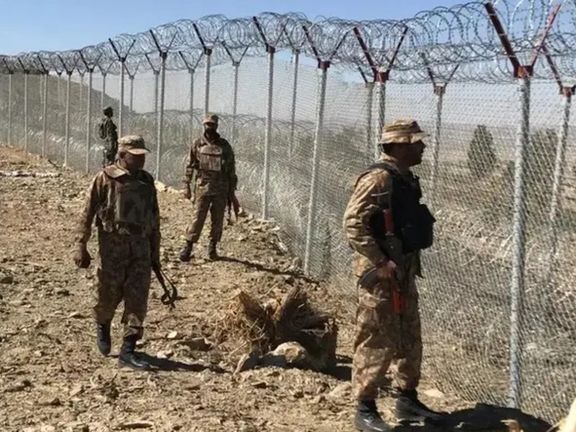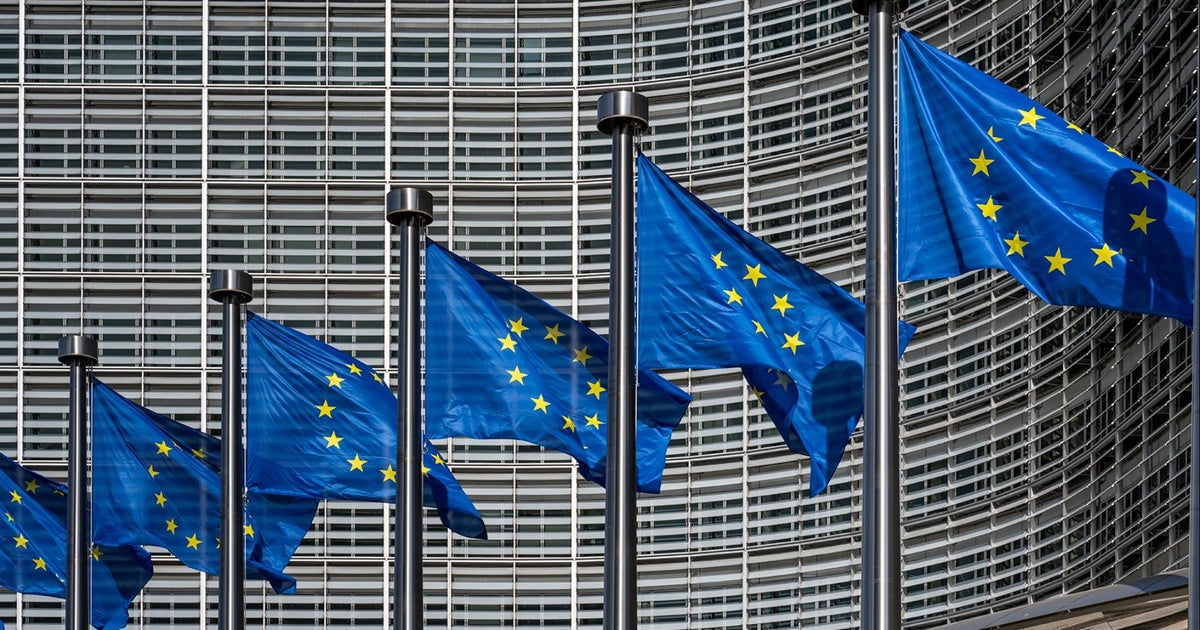Deadly Border Clashes Escalate Tensions Between Pakistan and Taliban-Led Afghanistan- Tensions along the Pakistan-Afghanistan border surged this week following deadly cross-border attacks. The Taliban government in Kabul confirmed that it launched strikes against Pakistani military positions across multiple northern border locations, describing the action as “retaliation” for alleged Pakistani violations of Afghan territory.
Taliban spokesperson Zabihullah Mujahid reported that 58 Pakistani soldiers were killed and around 30 others injured during the engagements. The group claimed that Pakistan had previously conducted airstrikes over Afghan territory, including bombing a civilian market. Pakistan, however, disputes these figures, reporting 23 fatalities among its personnel and 29 wounded. Islamabad also stated that roughly 200 Taliban fighters and affiliated militants had been neutralized in the confrontations.
Pakistani Interior Minister Mohsin Naqvi condemned the attacks as “unprovoked” and accused Afghan forces of firing at civilians. He warned that Pakistan would respond firmly, emphasizing, “We will respond with a stone for every brick.” Both sides reportedly employed small arms and artillery during the clashes, with incidents reported in the Kunar-Kurram region and other northern border points.
Local officials in Pakistan’s Kurram district reported that heavy weapons fire erupted late Saturday night, around 10 PM local time, and continued for several hours. Other affected areas included Angoor Adda, Bajaur, Dir, Chitral, and Baramcha. The violence disrupted trade and travel along the border, forcing the closure of the Torkham and Chaman crossings and leaving hundreds of trucks stranded on either side.
Speaking in New Delhi, Afghanistan’s foreign minister highlighted that Kabul does not have issues with the Pakistani people or leadership but stressed that groups within Pakistan were attempting to provoke instability. “Afghanistan has the right to protect its territory and borders,” he said. “Our response was a measure to defend our sovereignty against violations.”
The clashes come amid a backdrop of mutual accusations. Last week, the Afghan Taliban alleged that Pakistan had breached Afghan airspace with strikes on Paktika province, causing damage to civilian markets and endangering local residents. Pakistan, in turn, has long accused the Afghan Taliban of providing safe havens for the Pakistan Taliban (TTP), a militant group that has targeted Pakistani territory in attempts to impose strict Islamist governance. The Afghan Taliban has consistently rejected these allegations.
The border escalation coincides with a historic diplomatic visit by Afghan Foreign Minister Amir Khan Muttaqi to India. It marks his first visit since the Taliban returned to power. During the visit, India announced plans to reopen its embassy in Kabul, which had been closed for four years. The timing of the border clashes has fueled concerns about broader regional tensions intersecting with diplomatic initiatives in South Asia.
In response, Pakistani authorities warned of strong countermeasures. Interior Minister Naqvi stated that Afghanistan was “playing a game of fire and blood” and emphasized that civilian populations must not be targeted. A military spokesperson confirmed that Pakistan’s armed forces were prepared to safeguard lives and property along the frontier.
International actors have called for calm. Saudi Arabia, which recently signed a mutual defense pact with Pakistan, urged both sides to exercise restraint and avoid escalation. Qatar echoed similar concerns, emphasizing the importance of dialogue and diplomacy to de-escalate tensions and prevent further civilian harm.
The conflict underscores longstanding challenges along the Pakistan-Afghanistan border. Disputes over territorial sovereignty, accusations of harboring armed groups, and cross-border militancy have historically strained relations. Analysts warn that without sustained dialogue, such incidents risk spiraling into prolonged confrontations that could destabilize the region further.
The human toll is already significant, with casualties reported among both military personnel and civilians, and hundreds affected by the closure of border crossings. While both governments frame the attacks as defensive or retaliatory, the episode highlights the fragile security environment along the frontier and the pressing need for diplomatic engagement to prevent further escalation.
The latest border clashes serve as a reminder of the fragile balance in South Asia, where historical grievances, militant activities, and competing national interests continue to pose risks to regional stability. Observers say that meaningful dialogue and confidence-building measures between Islamabad and Kabul are essential to avert a larger crisis.



